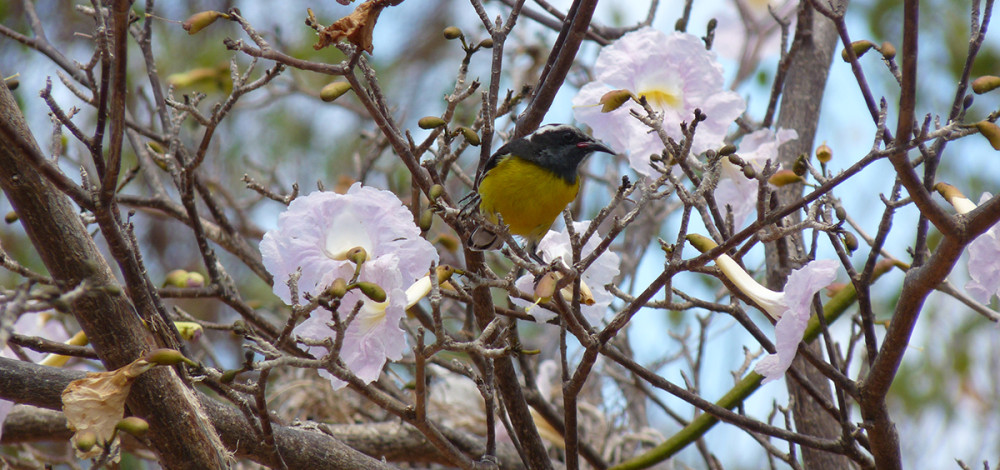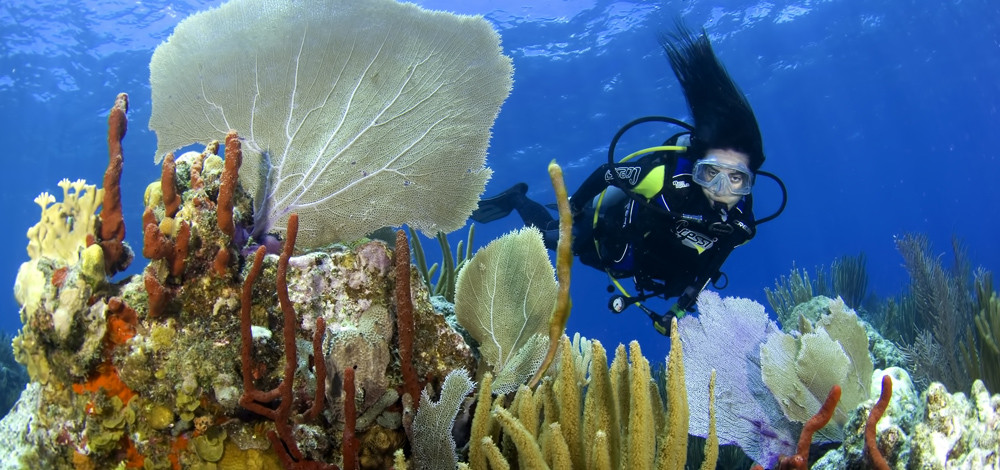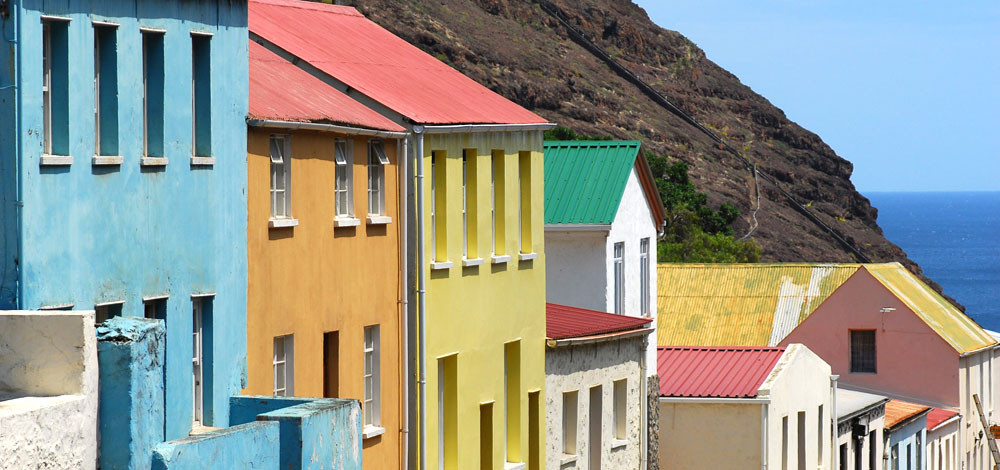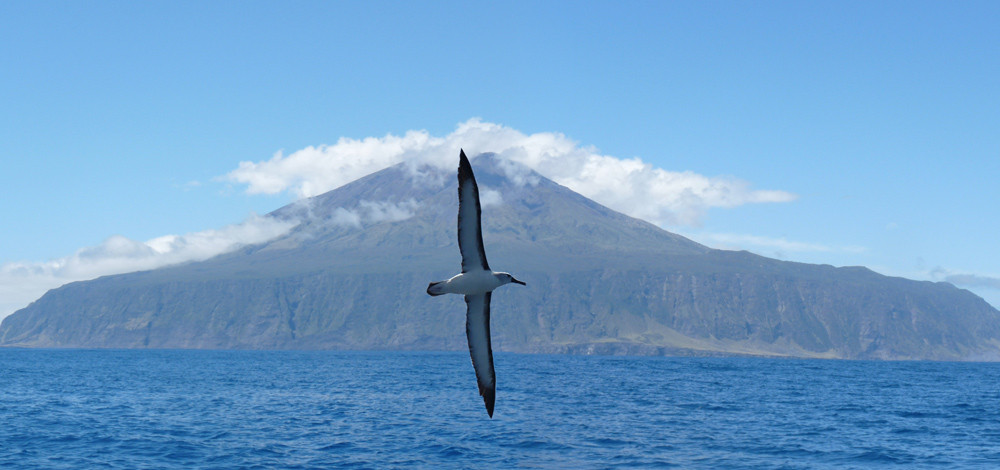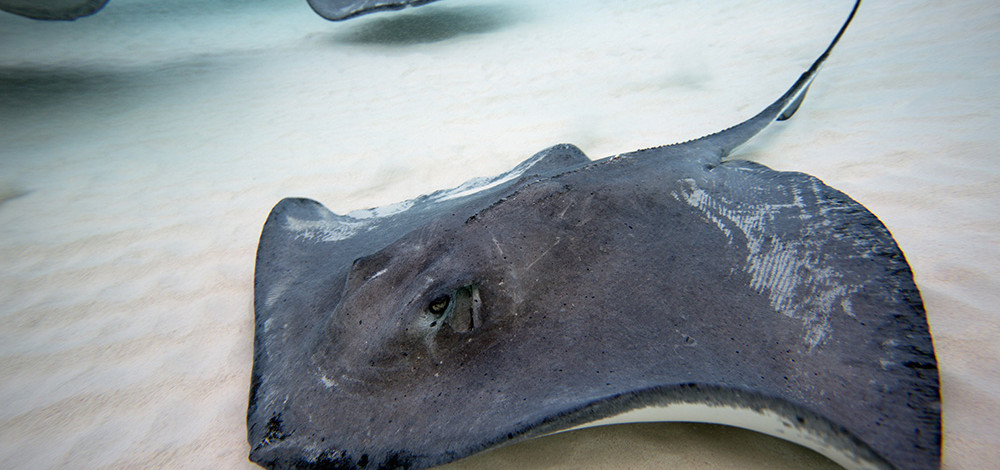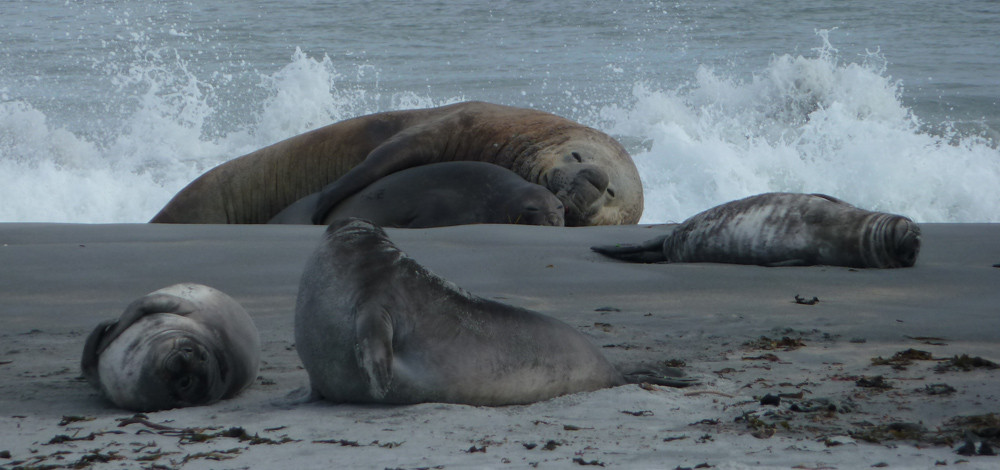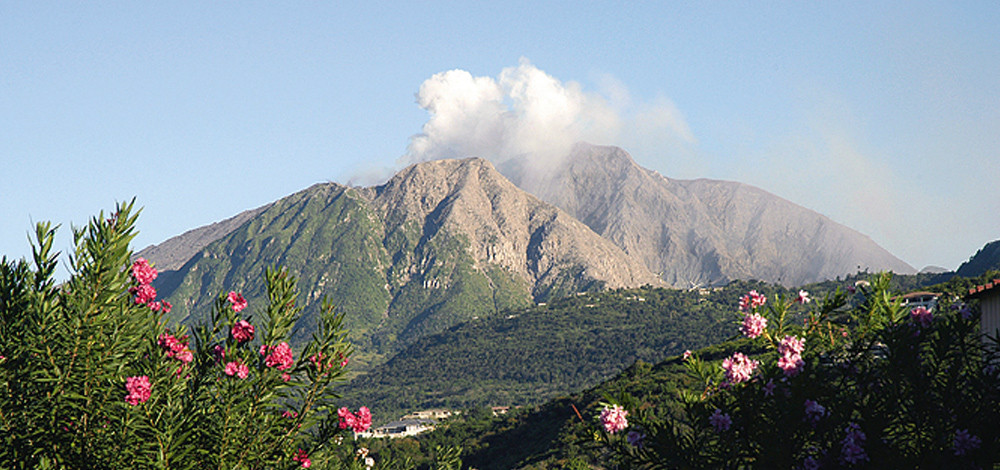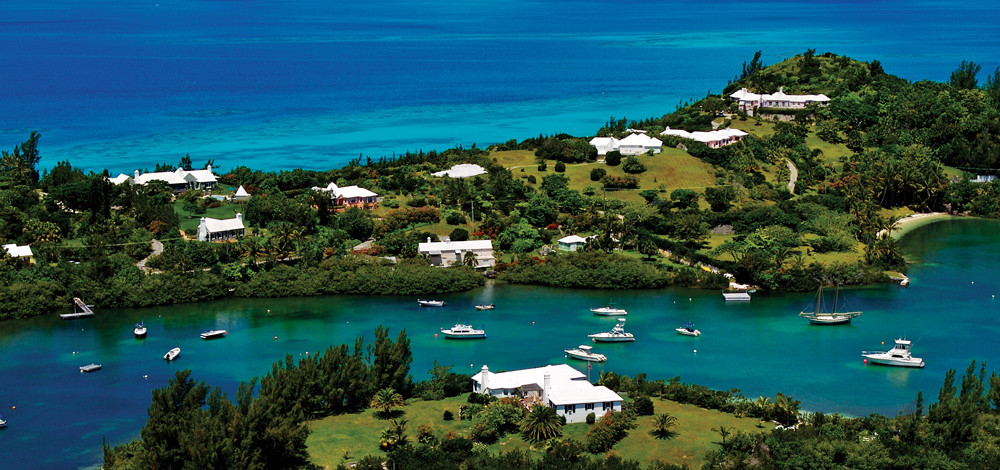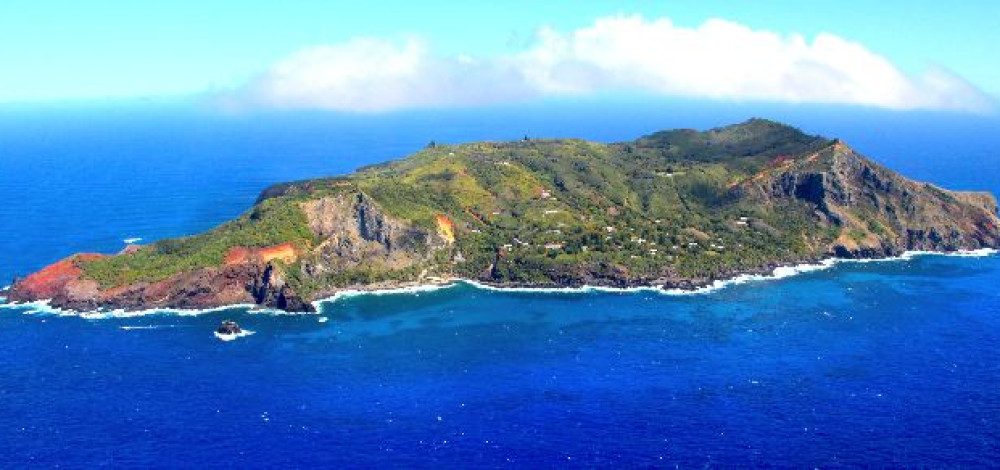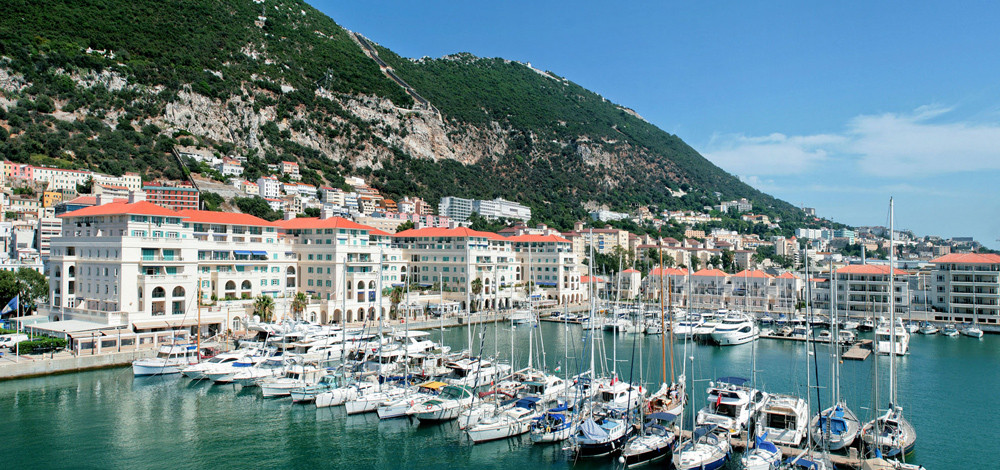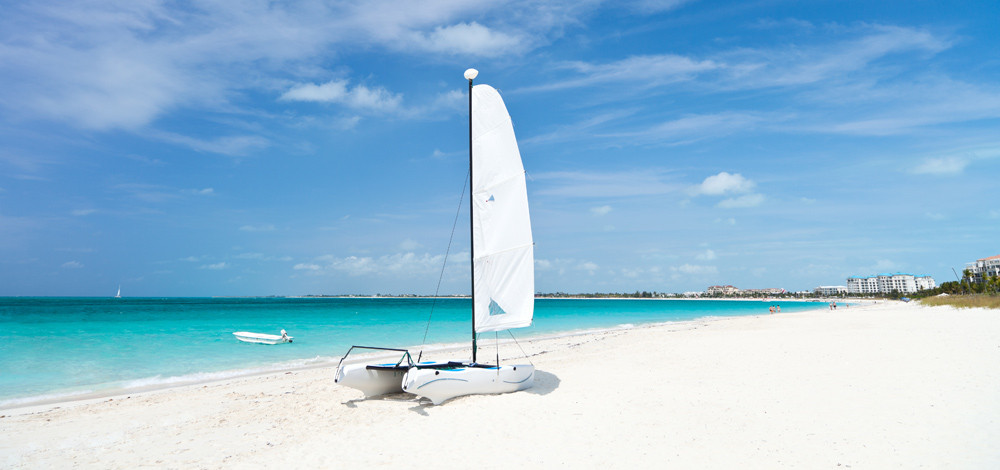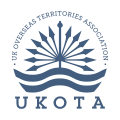Discovering the UK Overseas Territories – Culture
Each of the UK’s Overseas Territories has its own culture, reflecting history, geography, and demographics. The influence of British culture is evident in all of them, but they also have their own distinct traditions and customs.
These vary from the Falkland Islands, influenced by British history and proximity to South America, to Bermuda, with a vibrant music scene including reggae, calypso, and soca, and Gibraltar, known for its Moorish architecture, Mediterranean climate, and vibrant street life.
The working population of Ascension is primarily made up of ‘Saints’ (people from Saint Helena), therefore they enjoy a shared culture with Saint Helena, based around strong family and community values, with a deep connection to the natural environment and ocean. Fishing is a passion and the community enjoy sporting events, float parades and festivals.
As the UK’s oldest Territory, Bermuda’s government and legal institutions remain shaped by British influence. African legacies can be found in Bermuda’s dance and music, especially reggae, calypso and the rhythm of the Gombeys – colourful costumed dancing and drumming troupes who perform in the streets and at festivals. Bermuda’s biggest annual holiday is Cup Match, a two-day celebration of the emancipation of slavery on 01 August 1834 that brings the entire island together to watch cricket played between the Somerset and St George’s Cricket Clubs.
Bermuda has often been a source of creative inspiration, including for playwright Noël Coward, musician John Lennon, and writer Mark Twain. Bermuda also served as the island inspiration for Shakespeare’s The Tempest.
Montserrat’s soca legend Arrow became a global superstar when his 1982 hit song Hot Hot Hot propelled him to international success and helped to put calypso, soca, and Caribbean music into the limelight. Hot Hot Hot has sold millions of copies worldwide and is recorded in many different languages. Born Alphonsus Cassell in 1949 and one of nine siblings, Arrow was one of Montserrat’s most renowned personalities. After his death in 2010 he was posthumously awarded the prestigious Order of National Hero. His legacy lives on as many of his hits still dominate the party scene.
The music of the Turks and Caicos is called ‘Rip Saw’ or ‘Rake ‘n’ Scrape’, developed during slavery times. It is made by scraping an instrument, such as a screwdriver, over a saw blade. Accompanying instruments include the goatskin drum, guitar and triangle. In the Cayman Islands, traditional kitchen dance music can be traced back to the Irish and Celtic fiddling traditions brought to the Islands by its first settlers, and the vibrant rhythms brought by African slaves. Cayman’s Swanky Kitchen Band is dedicated to preserving traditional Islands’ kitchen dance music, while keeping it fresh for a new generation of listeners.
Music is also important in the British Virgin Islands (BVI). The grassroots origins of Fungi, known as Scratch music in the BVI, can be traced back to Africa and the days of slavery under Danish and British rule. Unable to own or play their own instruments and engage in dancing, the West African plantation workers made instruments out of any resources they could find. Hence the use of a hollowed, serrated gourd to make a squash, a traditional Caribbean percussive instrument.
The official language of Gibraltar is English, but Spanish is also spoken. The unofficial local language is called ‘Llanito’ which incorporates a mix of English and Spanish, as well as words that are not found in either language.
As well as marking many of the UK holidays, the Overseas Territories also have their own unique holidays. The Falkland Islands mark Peat Cutting Monday, a holiday relating to the days when peat would be the main source of fuel in the Islands. They also mark Battle Day, when Islanders remember the 1914 Battle of the Falklands, the first major naval battle of the First World War between the British and the Germans, which took place just off the coast of the Islands. Tristan da Cunha holds an annual holiday called Ratting Day, when islanders compete in a cull of the destructive non-native rodents. Gibraltar’s National Day was first celebrated in 1992, 25 years on from the Rock’s sovereignty referendum of 1967, and is a highlight of the Gibraltarian calendar.
Food is also a very important part of the cultural life of the Overseas Territories. With most being surrounded by rich marine environments, it is not surprising that seafood is a staple in the diets of the inhabitants of many Territories, including lobster from Tristan da Cunha and squid from the Falkland Islands. In Montserrat the national dish is Goat Water – a delicious stewed goat meat.
The uninhabited Territories also have proud histories, and visiting workers who conduct important environmental research and welcome tourists, have their own traditions and culture. Port Lockroy is an Antarctic Historic Site and Monument and home to the BAT’s ‘Penguin’ Post Office, welcoming up to 18,000 visitors a year. Polar Pride, embracing LGBTQ+ colleagues engaged in the Territory’s work, is celebrated on 18 November each year.
Legendary South Pole explorer Sir Ernest Shackleton is buried at the cemetery in Grytviken on South Georgia.
Quiz answer: A. Montserrat
-
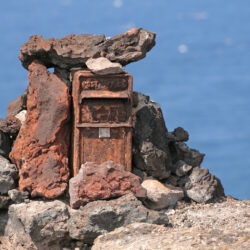
-
Ascension – Letterbox Walks
-
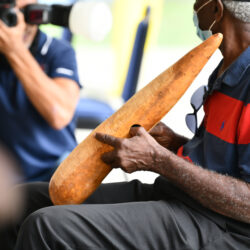
-
BVI Gourd Instrument
-
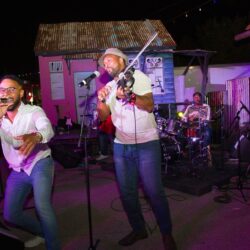
-
Cayman Islands Music
-
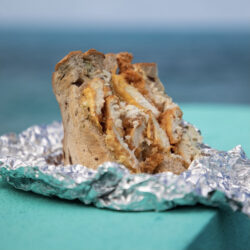
-
Fish Sandwich
-
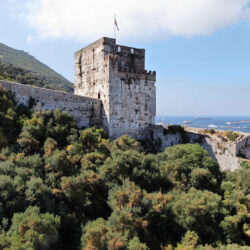
-
Gibraltar – Moorish Castle
-
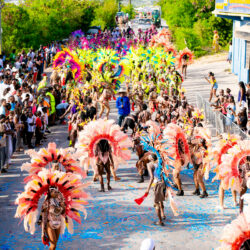
-
Parade of Troupes in Anguilla
(Photo Credit: Zuri Wilkes Photography)
-
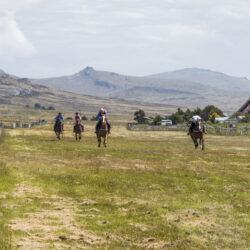
-
The Governor’s Cup at the Falkland Islands Boxing Day Races
(Photo Credit: Carli Sudder)
-
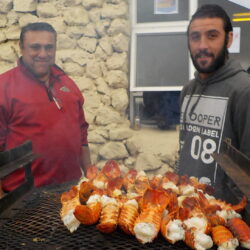
-
Tristan da Cunha Lobster
